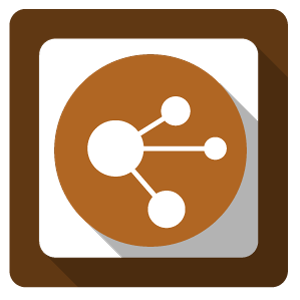Outcome Data for the New Healthcare Paradigm
MAP is delivering the world’s first complete addiction outcome data set for treatment facilities. Driven by the desire to increase rates of long-term sobriety and positive outcomes, MAP has designed a state-of-the-art, algorithm-based software platform that measures thousands of variables. The revolutionary essence of the MAP technology is its unique ability to accurately identify the most subtle of relapse behavioral patterns.
While MAP provides recovery support to your discharged patients and their families, the software collects extensive amounts of high-frequency, quantitative and qualitative outcome data. Expert statisticians and analysts compile intuitive monthly reports that land on your desk so you can quantify your outcomes. Access your data at any time with MAP’s Treatment Center Dashboard.
Imagine the insight to be gained from being able to look at your program on a statistical level and how you’ll be able to leverage that information to improve its quality and success. Imagine having the ability to certify your facility’s outcomes – this will help to secure your position as a leader in the field and provide leverage in the new, upcoming reimbursement paradigm.





